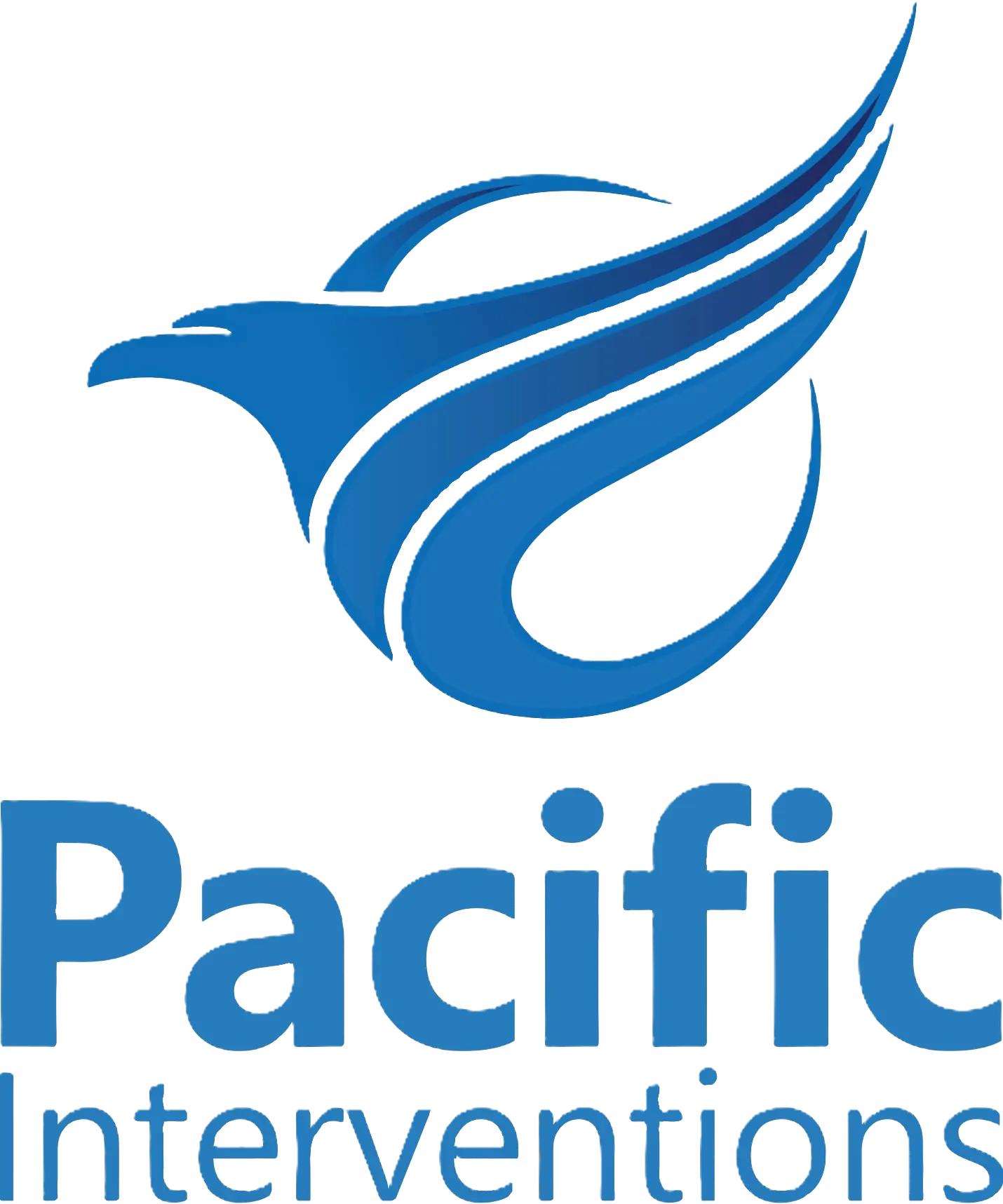Alcohol and drug addiction is a debilitating condition. There are many theories on what addiction is and what it is not. From a medical perspective, it is a disease. Therefore, it can be treated and managed like many other diseases. The rehab boom of the 90s made inpatient treatment the new black. Hus is creating many “rehab centres” to choose from. An intensive outpatient drug treatment program can be more convenient and tailored to an individual’s personal needs. What is Outpatient treatment!? Inpatient vs Outpatient Treatment! Is Outpatient Drug Rehab for me? These answers can be found below, along with resources to further your research.
What is Outpatient Drug Rehab?
Outpatient drug rehab is an addiction treatment program that can be accessed while the client is living at home. The person who has an addiction does not leave their current home and go live in an inpatient facility. Instead, they attend regularly scheduled therapy sessions based on their personal availability. This allows the client to balance work, family, and other responsibilities while still participating in therapy. In addition, an outpatient treatment program is not limited to a specific time frame, such as 30, 60, or 90 days, as offered by most inpatient centres. There are many stages a client will go through during treatment, withdrawal management, assessment, treatment planning, psychotherapy, and aftercare planning. All clients will progress through these stages at their own pace, so having a personal treatment timeline can ensure they receive the right level of care at the right time.
Inpatient vs Outpatient Treatment!
At an inpatient addiction rehab facility, the client will be provided meals, sleep accommodations, one-on-one counselling, group therapy, recreation activities, etc. Inpatient clients will not be permitted to work, and contact with family will be restricted to some degree. Inpatient Treatment is usually, but not always, suited for people who are deeply entrenched in their addiction. These people are generally less willing to accept help and may require an intervention. Hey say that inpatient allows the person to be free of outside distractions. This is partially true, in my opinion; however, the pressure of not meeting responsibilities can sometimes be too overwhelming for clients. This type of psychological pressure can result in the individual having a less-than-ideal therapeutic experience or leaving the rehab entirely.
Outpatient drug and alcohol treatment is a highly effective alternative. Having attended outpatient drug rehab myself, I was able to receive specific therapy sessions devised by a qualified professional. Outpatient drug rehab allows the individual to remain in their home and meet with counsellors on a needs-based schedule. Typically, an outpatient client is willing and ready to receive help, and or has a less severe substance use disorder, is working, or has family responsibilities which make the inpatient option either impossible or very inconvenient. If we go back in time, before inpatient rehab was an option, millions of people were able to get and stay sober with outpatient support from community-based programs like Alcoholics Anonymous (AA), and many outpatient and inpatient programs still encourage this type of support mechanism, especially during the post-treatment phase of an individual’s recovery.
What is Involved?
There are several outpatient drug treatment programs in the Metro Vancouver area, so you will want to research the different providers to learn more about their programs and costs. Outpatient treatment should be tailored to your particular needs. Therefore, finding an outpatient service that provides all one-on-one counselling sessions with the same counsellor allows the individual to open up in a safe environment, as opposed to inpatient treatment, where it can be thought that people tend to open up in a group setting. Often, this type of therapy, early on, can be detrimental to one’s recovery.
Some people may need withdrawal management from a medical profession before setting goals for recovery. Good outpatient service will help with this process. Once withdrawal is addressed, the counsellor will begin by gathering information about the client, which is typically called an “assessment”. A treatment plan will then be developed. Drawing from your history of substance use, family dynamics, mental health issues, employment, and personal life perspective, realistic goals and milestones will now be outlined. The rate of “success” will be relative to the client’s individual level of commitment and the application of therapeutic strategies. In my opinion, which is shared by others, the main benefit of an intensive outpatient treatment program is the level of one-on-one care and attention provided to the client, and many scientific studies confirm the critical importance of the therapeutic relationship a client shares with their counsellor.
What is Right for You?
Being able to maintain your household duties while building support systems is a great advantage. If you are employed, a custom-tailored schedule can be made for you. The entire family system can receive help individually and as a whole. If you have attended inpatient treatment before and had limited success, then perhaps a new approach is needed. If you are unsure about your level of commitment, exploring various recovery options can be beneficial. No matter what you choose, there is a life free of addiction for everyone. I have seen CEO, businesspeople, your next-door neighbour, and street-entrenched people all recover and create extraordinary lives from both options. Get Help Now




